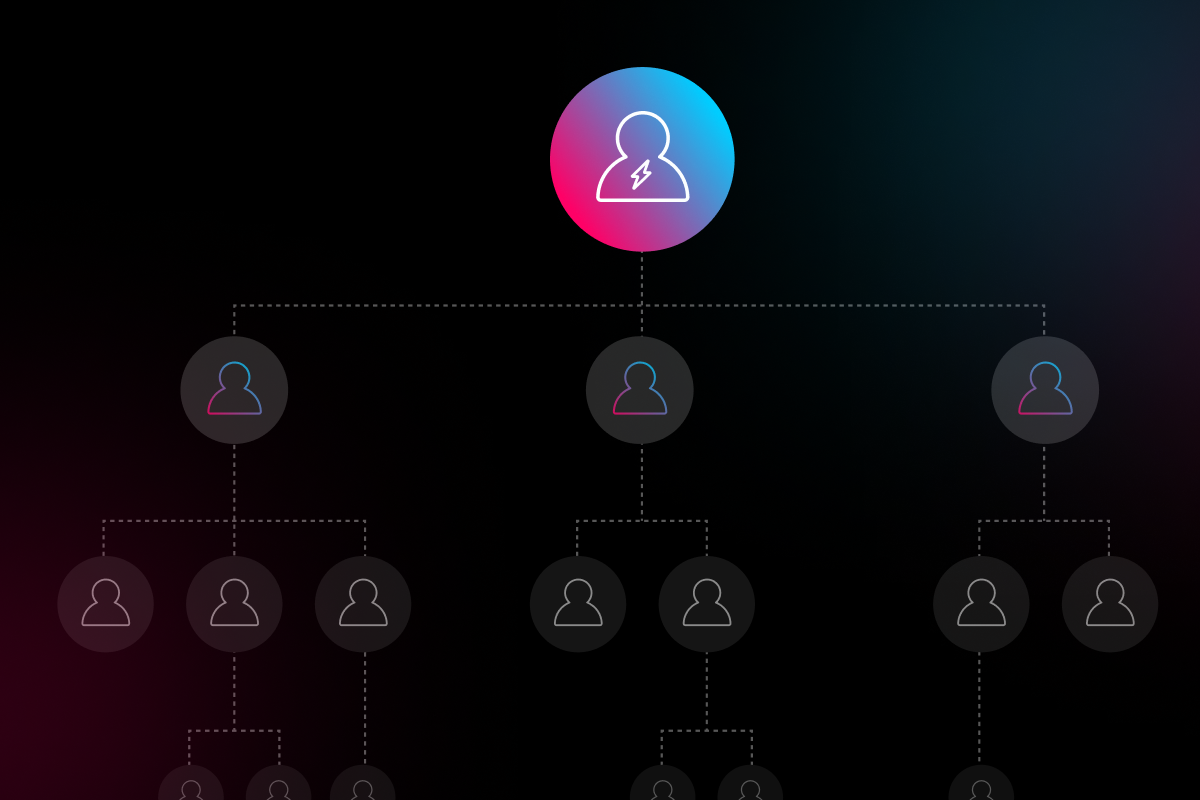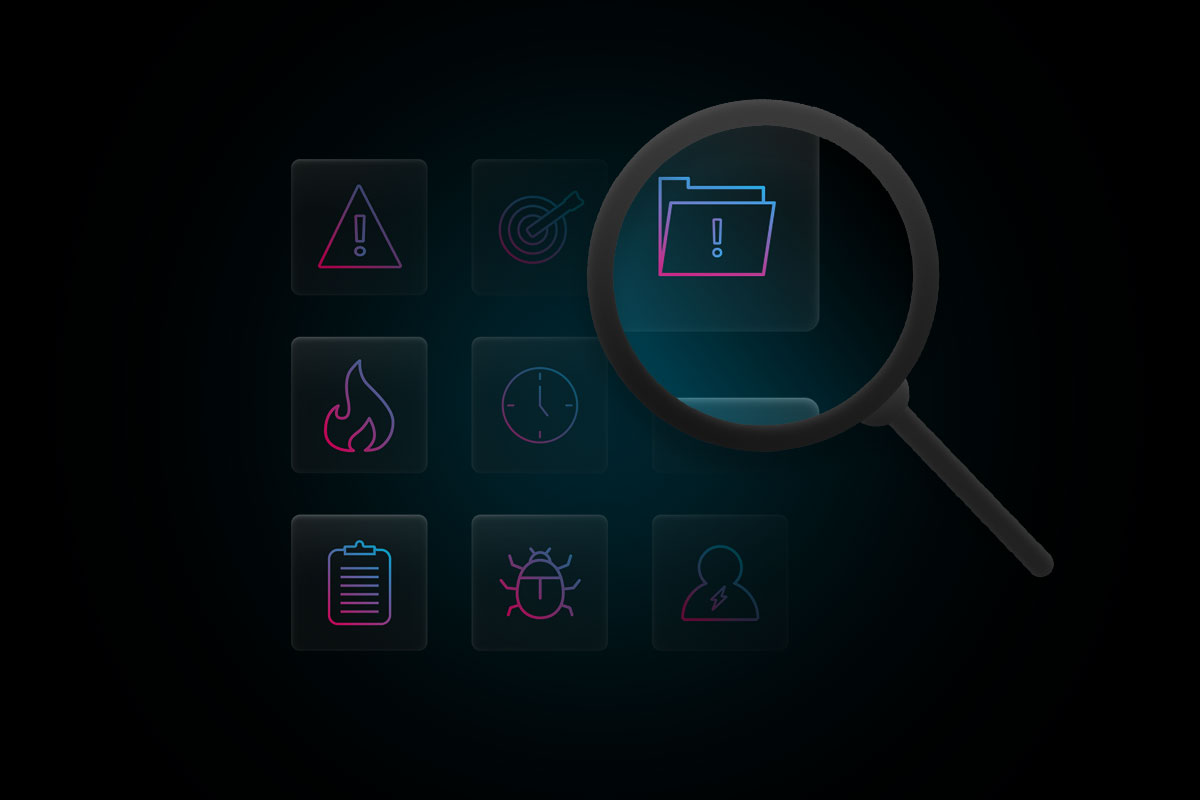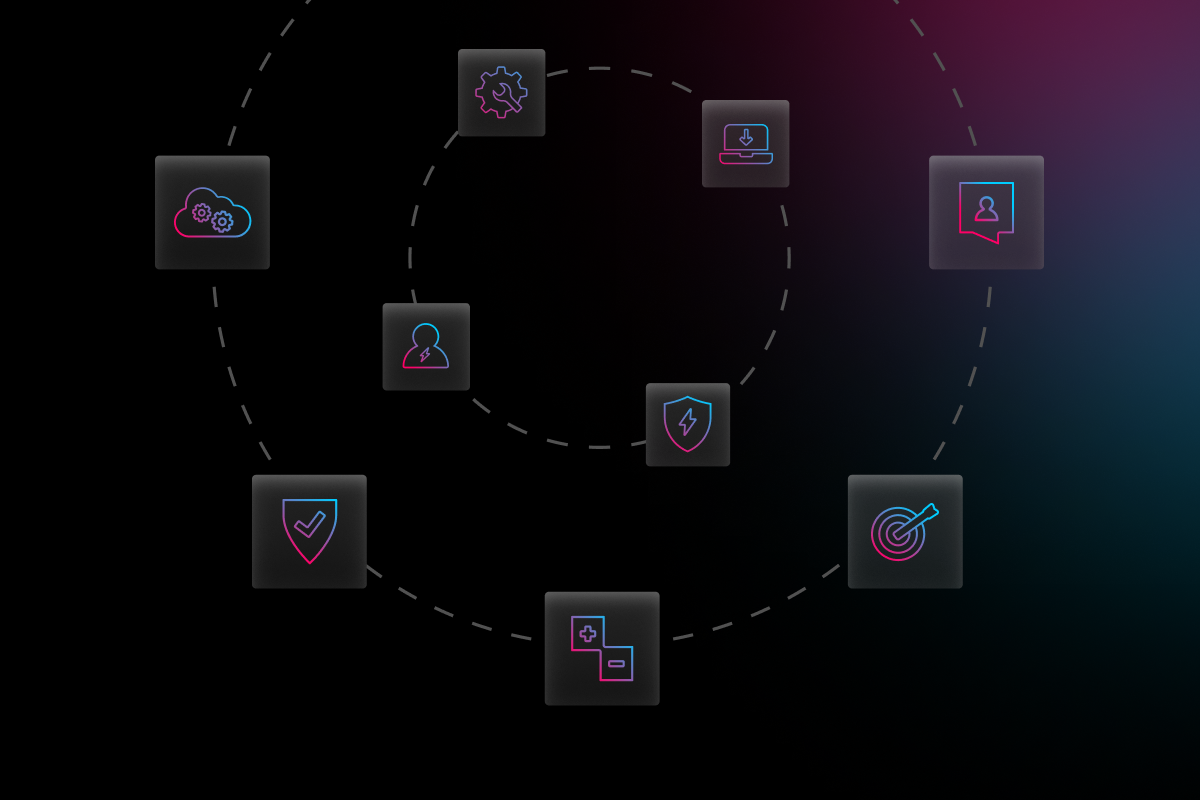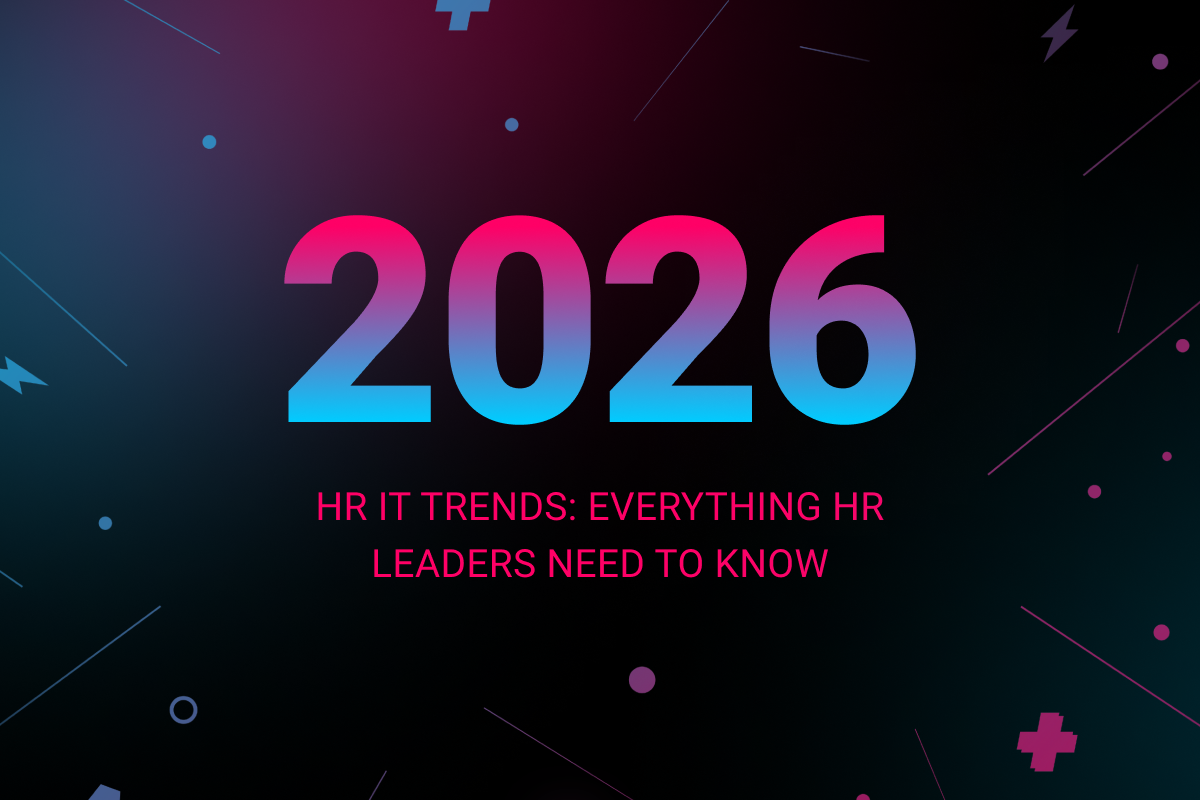
People teams are now responsible for a growing list of technical tasks — from managing devices and applications to safeguarding data and overseeing cybersecurity. While this shift can streamline operations and improve the employee experience, many organizations find the transition challenging. As HR workloads continue to evolve, how can these heightened demands be met without dedicated IT resources?
The Blurred Line Between HR and IT
AI adoption, tech stack complexity, and distributed work continue to fuel changes in everyday operations. Nowhere is this more apparent than the increasingly blurred line between HR and IT. As a growing number of businesses take steps to merge the two functions, new roles like Chief People and Digital Technology Officer are spearheading the transformation.
According to a recent report:
- 64% of senior IT decision makers believe HR and IT will merge within the next 5 years
- 93% predict this merger will boost employee productivity and enhance their experience
- 94% believe the merging of HR and IT could accelerate digital transformation
Unseen IT Tasks Fall to HR
In practice, HR is already handling responsibilities that were once reserved for the IT department:
- Onboarding: beyond welcome emails and team introductions, People teams now manage sensitive employee data and critical tech setup throughout the onboarding process.
- Device procurement: in many organizations, HR ensures employee devices are purchased, shipped, and provisioned in time for a new hire’s first day.
- Application management: provisioning apps and managing user permissions are often led by these teams— balancing employee productivity with data security.
- Offboarding: at the end of the employee lifecycle, organizations must securely remove employee data from key systems, revoke app access, and retrieve hardware.
- Cybersecurity: many cybersecurity responsibilities now fall under HR’s purview — particularly when it comes to data protection, compliance obligations, and security training for employees.
While reduced silos are to be welcomed, these added responsibilities can place a strain on under-resourced HR teams. The result? Hours lost to manual admin, and less time for strategic, people-focused work.
3 Ways to Streamline IT Responsibilities
IT-driven HR tasks aren’t going away. If anything, these responsibilities are only set to expand. So, how can these teams drive IT efficiency, without specialized technical skills?
1. Automate to save time and prevent errors
Eliminate repetitive tasks and prevent human error by automating manual tasks, including onboarding and offboarding, app provisioning, user access management, device updates, security patches, and more.
2. Simplify device lifecycle management
Standardize the process for device purchases, shipping, retrieval, and warehousing to reduce logistical headaches. Implement Mobile Device Management (MDM) to monitor all company hardware from a single dashboard.
3. Integrate HR and IT platforms for in-sync insights
Keep data in sync and up to date at all times by ensuring all of your HR and IT systems integrate seamlessly. Track employees, devices, and apps from a centralized dashboard for at-a-glance insights and peace of mind.
Eliminate the Hidden IT Burden with Electric
As the distinction between HR and IT continues to fade, organizations must overcome technical burdens and embrace this new reality. Electric integrates with your HR platform to streamline onboarding, offboarding, device procurement, app management, and more. Connect with us to get started!
FAQ
How do HR and IT overlap?
HR now manages an increasing share of IT responsibilities — from device and app management to data protection and security. Many organizations are taking steps to formally merge the two functions, while others use automation and integrations to help HR teams handle IT tasks efficiently, without deep technical expertise.
What are some of the hidden IT burdens on HR teams?
HR teams handle a significant but unseen IT workload. Onboarding, offboarding, device procurement, app provisioning, and certain cybersecurity measures all fall under the remit of People teams. Performed manually, these tasks can drain HR resources and lead to errors and inefficiencies.
How can HR alleviate the burden of IT admin?
As HR teams continue to take on more technical responsibilities, it’s essential to adopt automated workflows, seamless integrations, centralized IT management, and consistent processes for managing the device lifecycle. These steps help reduce manual effort while improving accuracy, security, and efficiency.



